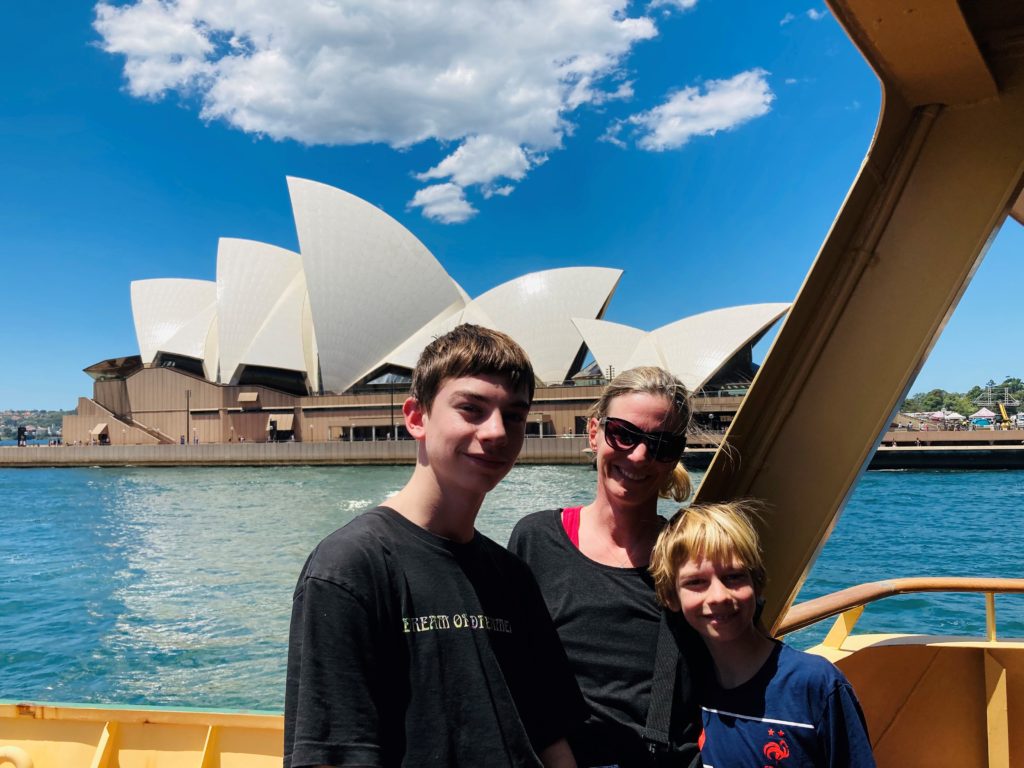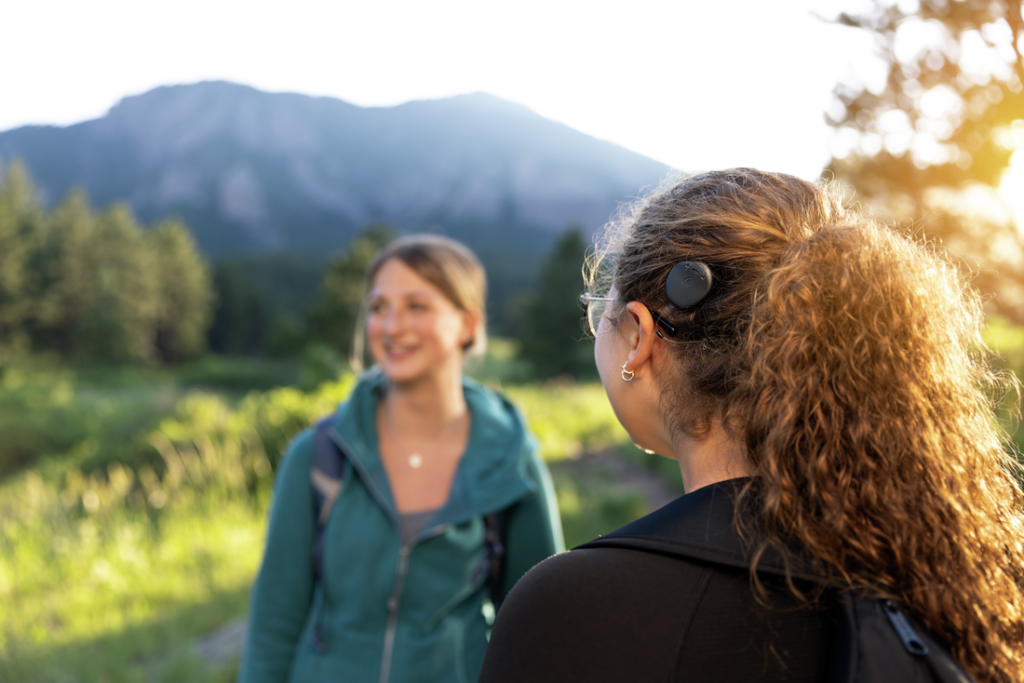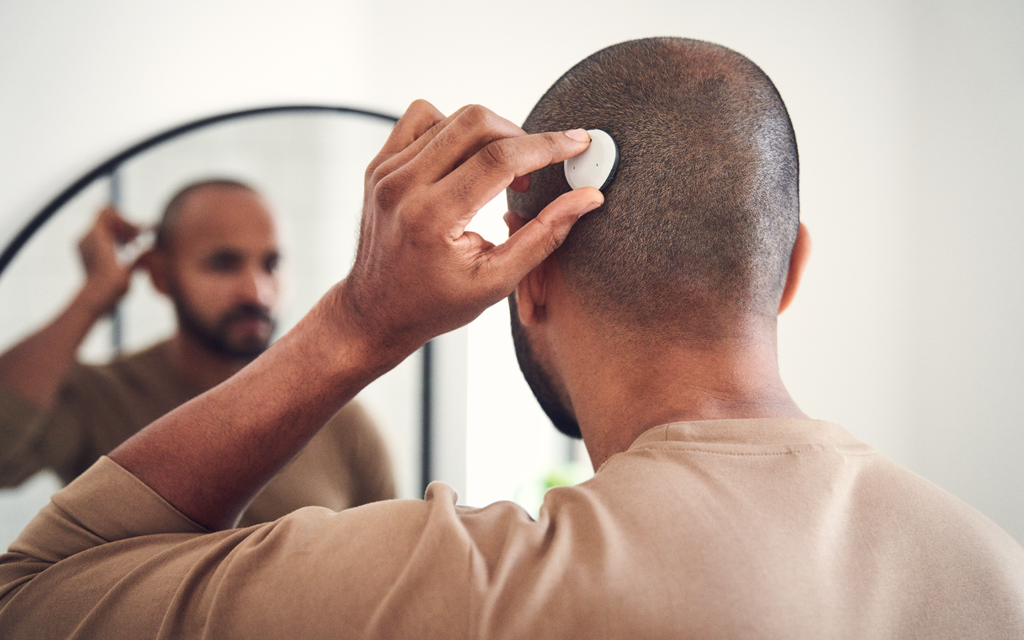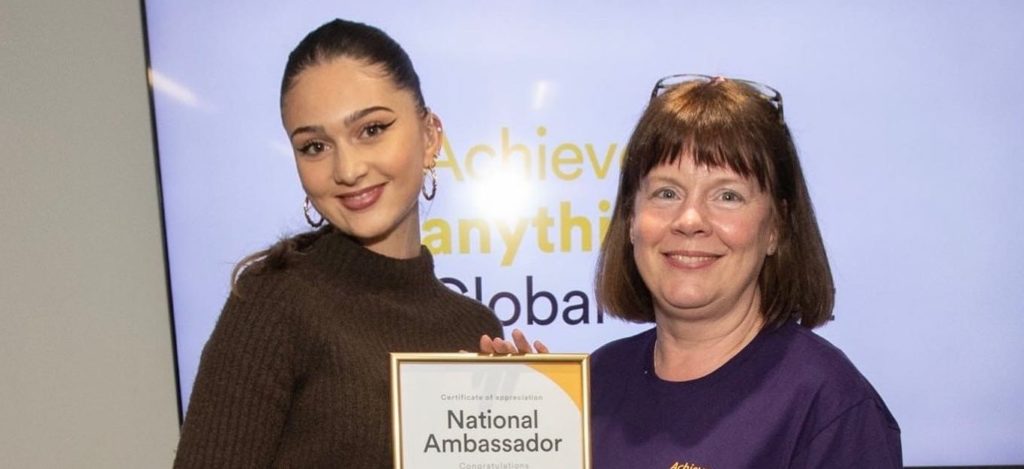Parents are routinely faced with the challenge of navigating their children through new experiences and environments. For some, that includes relocation or changing school.
Franzi, a mother of two boys, embraced the chance to move her family from France to start a new life in Australia. That meant a new country, a new school and a different language.
“If you really want something in life, you can have it,” says Franzi, adding that this is a mantra she and her sons have come to live by.
Franzi realised she needed to plan to help her sons adjust, particularly Kian who was 11 years old and has bilateral cochlear implants. Here is what Franzi learned from their experience.

Language transition
For Kian to adapt to learning a new language gradually, Franzi enrolled him into a French international school in Sydney. Minimising the language barrier would help keep him from falling behind and make the transition smoother.
Seek guidance in advance
Liaising with Kian’s support teacher in France was crucial. They provided guidance and valuable advice to share with Kian’s new school, ensuring a smooth transition. This included specific information on how to help Kian in the classroom, such as seating position, wearing the Cochlear™ Wireless Mini Microphone 2+, and providing a lesson plan in advance.

Embrace extra activities
Extra-curricular activities offer great benefits for children with hearing loss. They are something to enjoy outside the classroom and an opportunity for new social interactions and friendships. To embrace his new Australian life, Kian wanted to learn to surf.
Franzi and the teacher “talked through a plan for how to make sure Kian could hear the instructions on the sand first, then take off his sound processors and give them to the teacher for safekeeping before going into the surf. He doesn’t like wearing them in water, he prefers the quiet over the sound of waves.”
Joining a soccer team has been another transformative experience for Kian. Despite not speaking much English, Kian has excelled in the sport while also improving his language skills.
“I’m so proud of him. He just goes there himself with his backpack and his soccer boots. He’s made friends on the team,” Franzi explains.

Cultivating independence
Within months of moving, Kian has settled in well. He takes the bus by himself to school every day, is getting good grades, and has been selected for an advanced soccer team. Encouraging this independence has been essential, says Franzi, who admires Kian’s positive attitude and competitive nature.
And what does Kian have to say to others? “Don’t worry and don’t be afraid. I made a lot of friends straight away. Nobody ever made fun of me because of my implants, they were just curious and wanted to know how they worked, so I explained it to them.”

Download our ‘School readiness’ brochure, for both parents and teachers, to give your child the best start at school.




